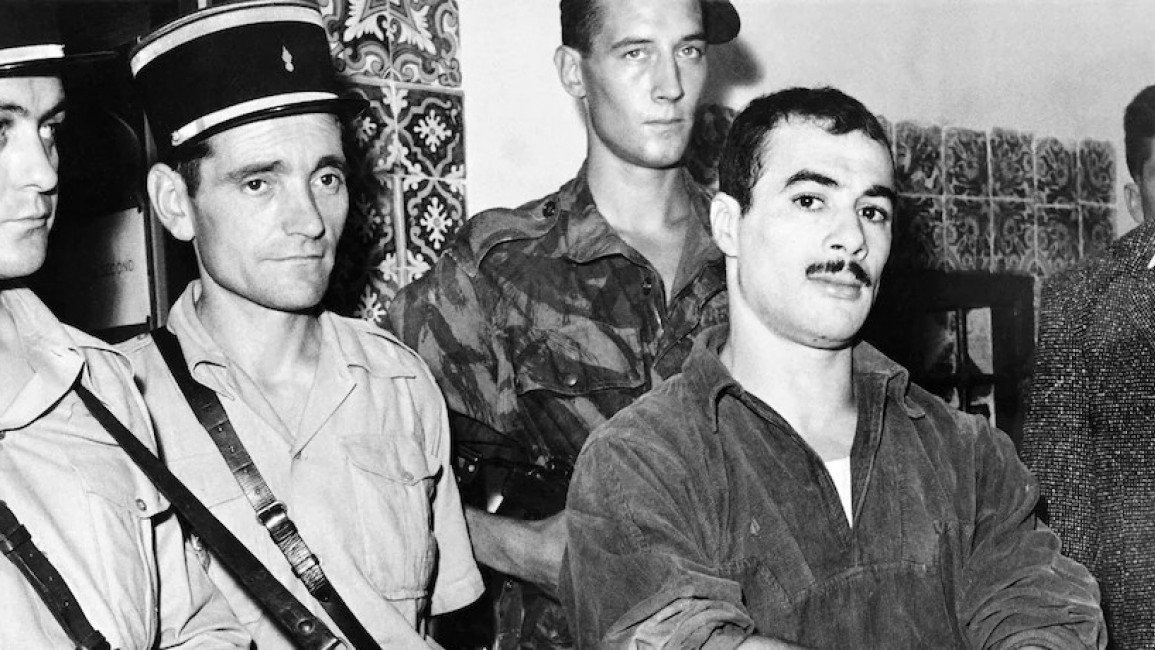Prominent Algerian independence fighter Saadi Yacef dies at 93
Prominent leader and National Liberation Front {FLN) member Saadi Yacef died at the age of 93, after heading a resistance against French colonial rule in Algeria’s War of Independence in 1962.
His death was announced by Salah Goudjil, an FLN political leader and speaker of the Council of the Nation, an Algerian senate.
Saadi was famous for leading several battles against French forces and was instrumental in ending Algeria’s 132-year-long occupation, culminating in one of the bloodiest wars - lasting eight years - in the history of the North African country.
Yacef was the FLN leader in Algiers and led a famous battle in the Casbah district in 1956-1957. He later inspired an Oscar-winning film adaptation based on his memoir, “Souvenirs de la Bataille d’Alger”, called the Battle of Algiers.
Yacef was born in the Casbah district of Algiers on 20 January 1928 to ethnic Berber parents. At 17, then an apprentice baker, he joined the Algerian People’s Party, a leftist organisation, until it was later outlawed by France.
Several years later at 21 he travelled to France, where he experienced anti-Arab racism. His experience led him back to Algeria, where, in 1954 he quit his job and joined the FLN before then becoming the military chief of Algiers.
He engaged in several famous guerrilla attacks and bombings, including the bombings of Air France terminal on Rue Mauritania, the Rue Michelet café, and the Rue d’Isly milk bar on 30 September 1956.
The French labelled the FLN “terrorists” for the group’s targeting and killing of French civilians; Yacef spoke about his tactics as just, in order to free his country from colonial rule.
Yacef was captured by French authorities and sentenced to death in 1957, however one year later he was pardoned by Charles de Gaulle’s government and became a senator in the Council of the Nation.
In an interview with Bloomberg in 2007, he said the FLN’s tactics were “part of a whole strategy that included mass participation. It was specifically targeted at occupiers, not just anybody…We killed women, yes, and took foetuses out of their wombs. But ours was for liberation. This was our only means against a cruel enemy.”
He added that the FLN, a political party, had “botched” its rule after the war, and created a power vacuum that allowed for the rise of extremists, including Al-Qaeda.
French colonial forces have a long and documented history of human rights abuses, including targeting civilians, forced disappearances and torture, and human rights activists have consistently called for an official apology from the government.
It is estimated that there were between 700,000 and 1.5 million Algerian civilians killed during the Algerian War of Independence, however that number can vary, and some 18,000 French soldiers and 2,788 French civilians.



